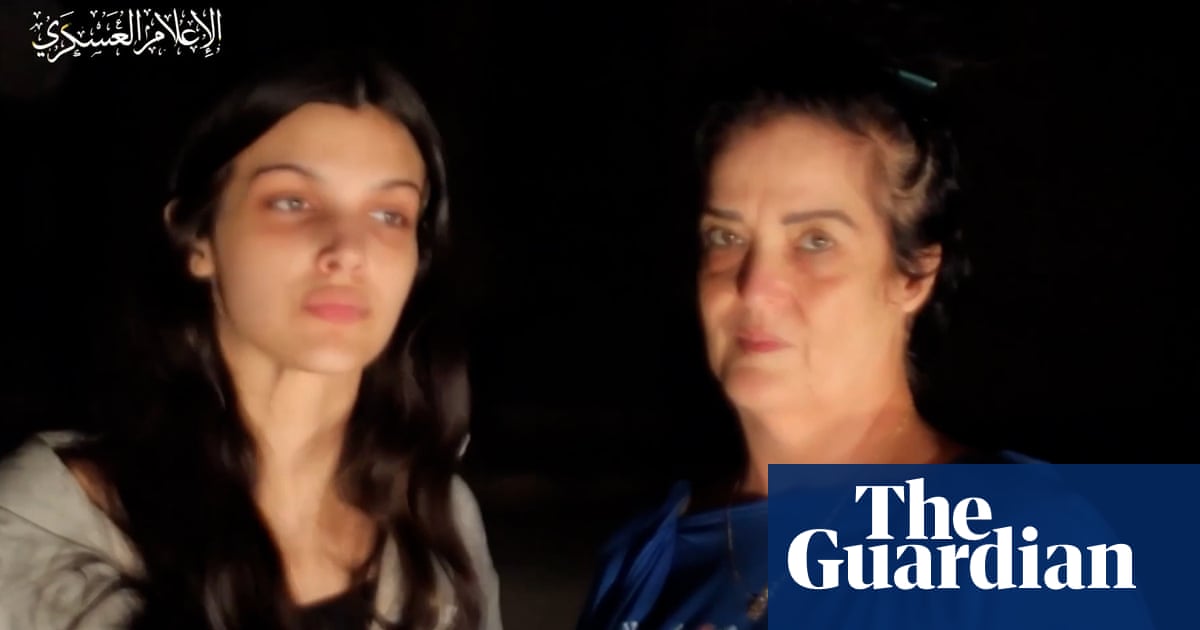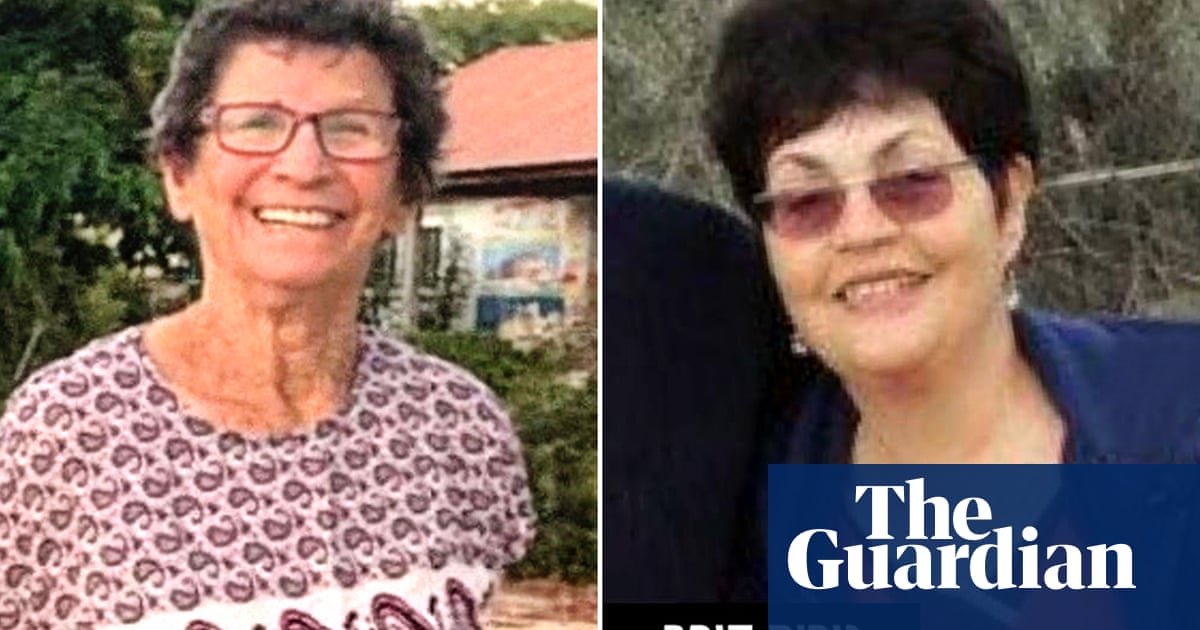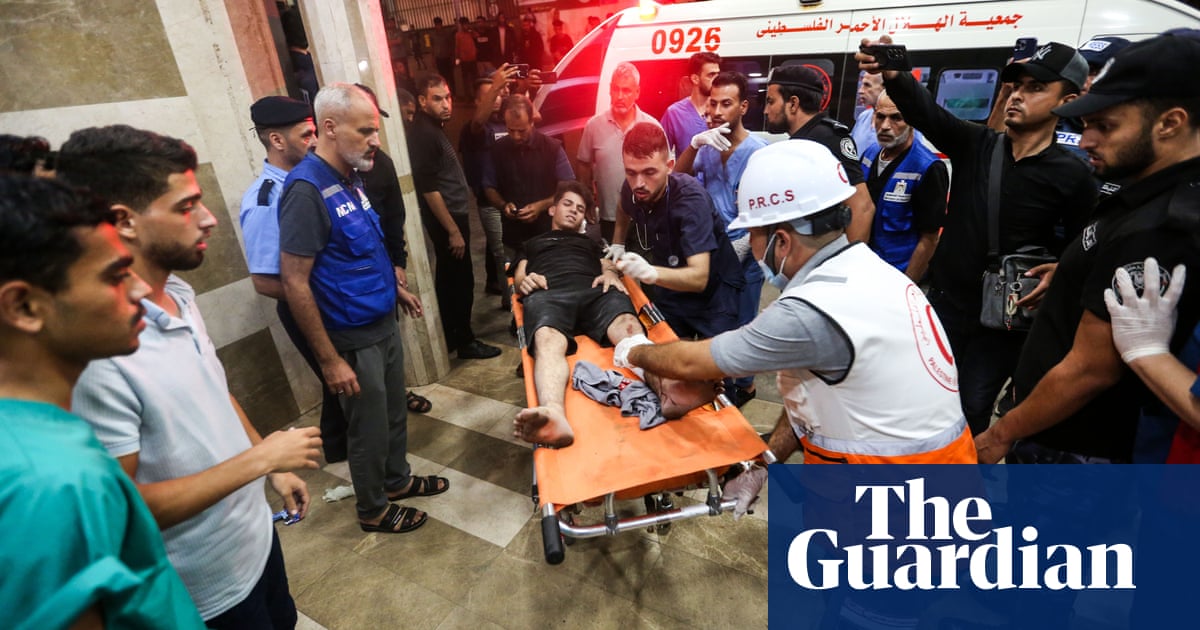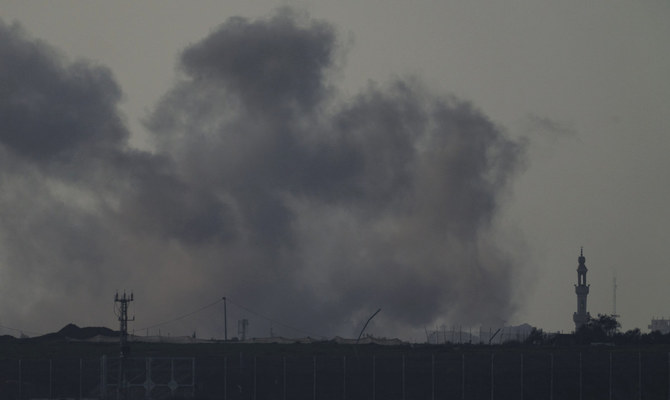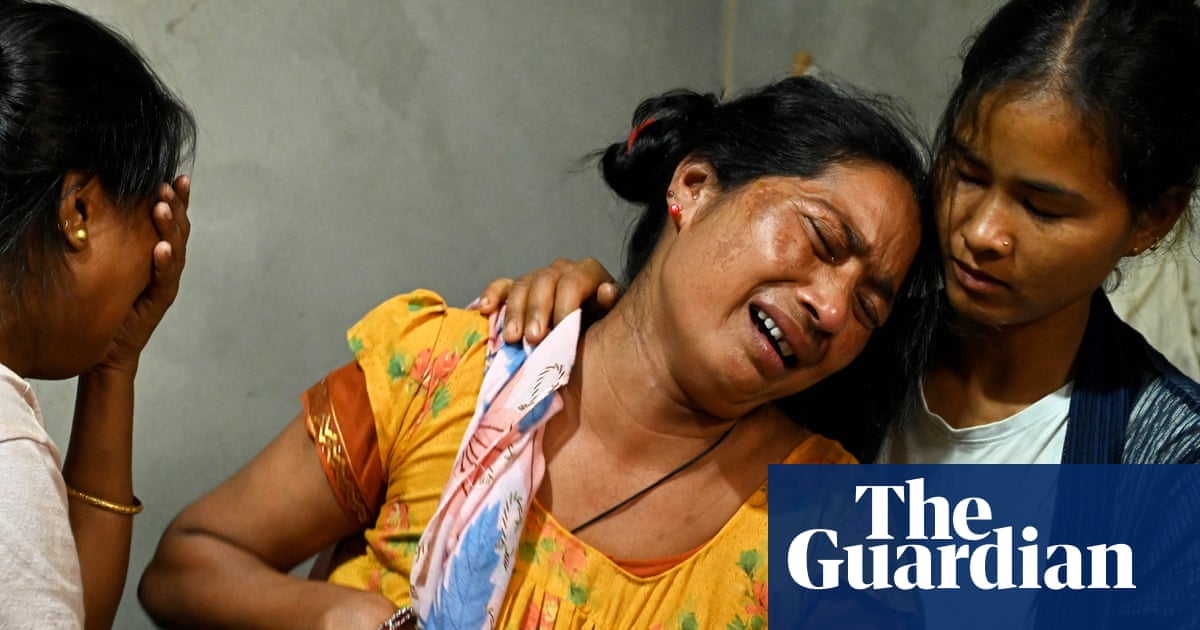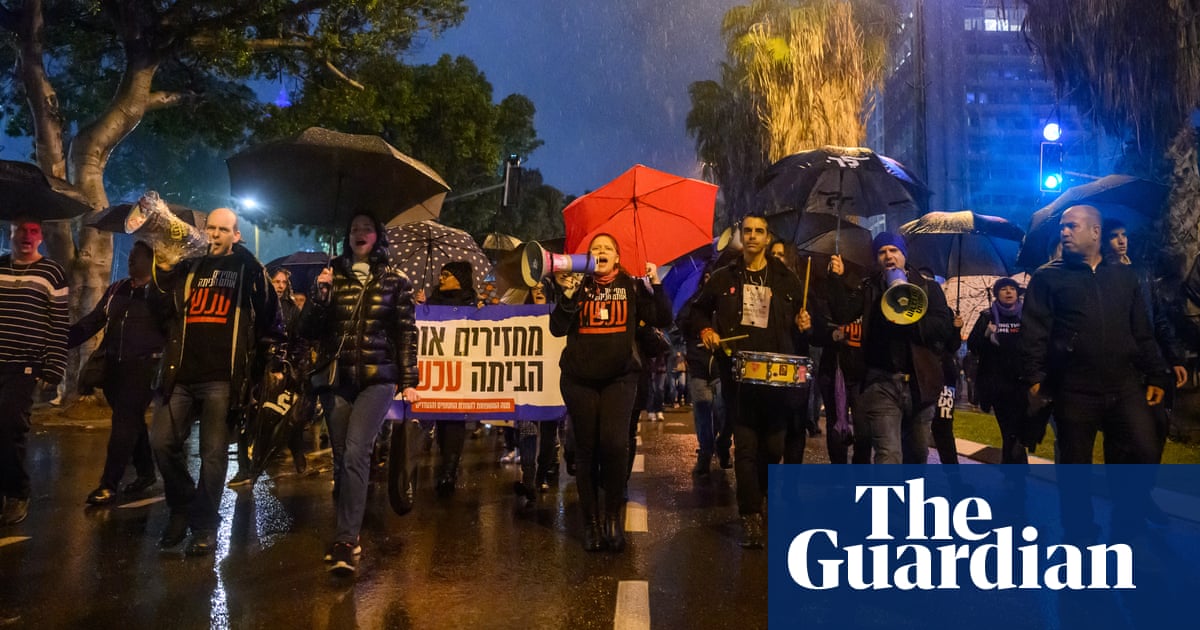
Many of the hostages released from detention in Gaza by Hamas in November still require intensive treatment for the trauma from their weeks in captivity, a leading Israeli psychiatrist has said.
Renana Eitan, the head of psychiatry at the Ichilov Tel Aviv medical centre, said the hostages had undergone the worst abuse and trauma she had witnessed in her career.
Among the 14 freed hostages treated at her centre, she said, were child hostages who had been drugged by their captors – including with ketamine – and were suffering from withdrawal, those who had subjected to or witnessed sexual abuse, a woman who had been kept in a tiny cage, and another who had a breakdown after being kept in complete darkness for days.
“I thought that I’d treated the most severe cases there were, but with these patients that came from captivity we couldn’t believe that degree of cruelty,” Eitan said. “Most of the hostages who came back went through very severe physical and mental abuse … We know that they have a long way ahead of them.”
Of the 14 hostages treated by Eitan’s team, nine are under 18 and two are under 10. Most need long-term treatment for trauma. Some have gone to other facilities around the country, and Eitan said six were still receiving “very intensive psychiatric and psychological care” at the Ichilov centre.
Eitan said news footage of joyful reunions as 120 hostages were released in the last week of November masked a darker underlying reality.
“At first when they came back, they seemed very happy and relieved. And we were also very optimistic,” she said. “You probably saw the pictures of the children running to their fathers’ arms.
“But after a day or two, we saw the other side and we realised that they have severe nightmares, they have intrusive memories, they are very, very frightened. Some of them refuse to leave the room, and they had severe dissociative symptoms, where one moment they know that they are back in Israel, in hospital, and the next moment they’re afraid that they’re still in Hamas captivity.”
She added: “Some of them were afraid to go to sleep because they said that when they wake up, for the first minutes they still feel like they are back in Gaza.”
Eitan said the children among the group of hostages treated at her centre had all been given ketamine or benzodiazepines in captivity.
“We guess the reason for that was in order to control them because if you need to take care of children in a small room for weeks, almost two months, this was a way to sedate them,” she said. In some cases, adult hostages were forced to administer the drugs to the children. Those who were given ketamine had severe withdrawal symptoms, she added.
Eitan alleged that all of the hostages in her care had either directly experienced or witnessed sexual abuse, adding to the widespread accounts of other female hostages. Even small children, she said, had witnessed such abuse.
One of the women treated at the centre had been kept with a second woman in a cage measuring 1 metre by 1.5 metres, while another female hostage under Eitan’s care spent four days underground in complete darkness.
“She became psychotic,” the psychiatrist said. “She began to have hallucinations, which is usually what we see when we deprive people of all the regular senses.”
The Ichilov Tel Aviv centre is consulting psychiatric institutes around the world and other organisations dealing with post-traumatic stress disorders.
The trauma experienced by hundreds of thousands of children and their parents in Gaza will also have long-term debilitating effects, psychiatrists and psychologists have warned, particularly as there are no therapeutic facilities left. Few of Gaza’s hospitals are functioning any more, even for operating on the severely injured.
With an estimated 8,000 children killed in Gaza, and many tens of thousands more injured and orphaned, the UN children’s fund has said the Gaza Strip is “the most dangerous place in the world to be a child”.
James Gordon, a US psychiatrist and the founder and head of the Center for Mind-Body Medicine, which has worked with Israelis and Palestinians for 20 years and currently has a team in Gaza, said: “In Gaza, the trauma is so overwhelming and ongoing it is very hard to predict.”
He said recovery was possible even in severely traumatised children, but only if the outside world did not give up on them. “I can see the seeds of that even now in the young people with whom our Gaza team is working amid bombs in shelters and on the rubble crowded streets,” he said. “I think how they will ultimately respond and act is largely a question of how much understanding they receive, how great a sense of control they can achieve, and how much material as well psychological support they get from a world which they feel has largely abandoned them.”





